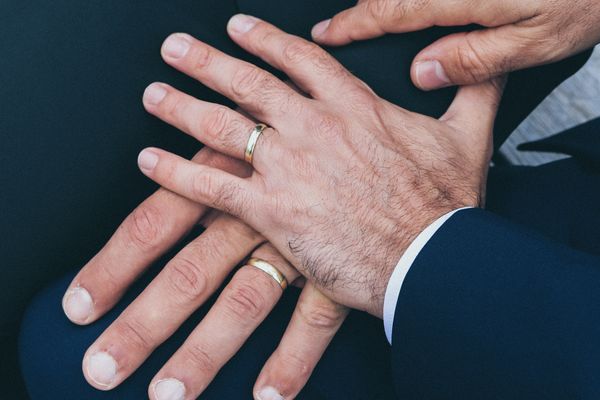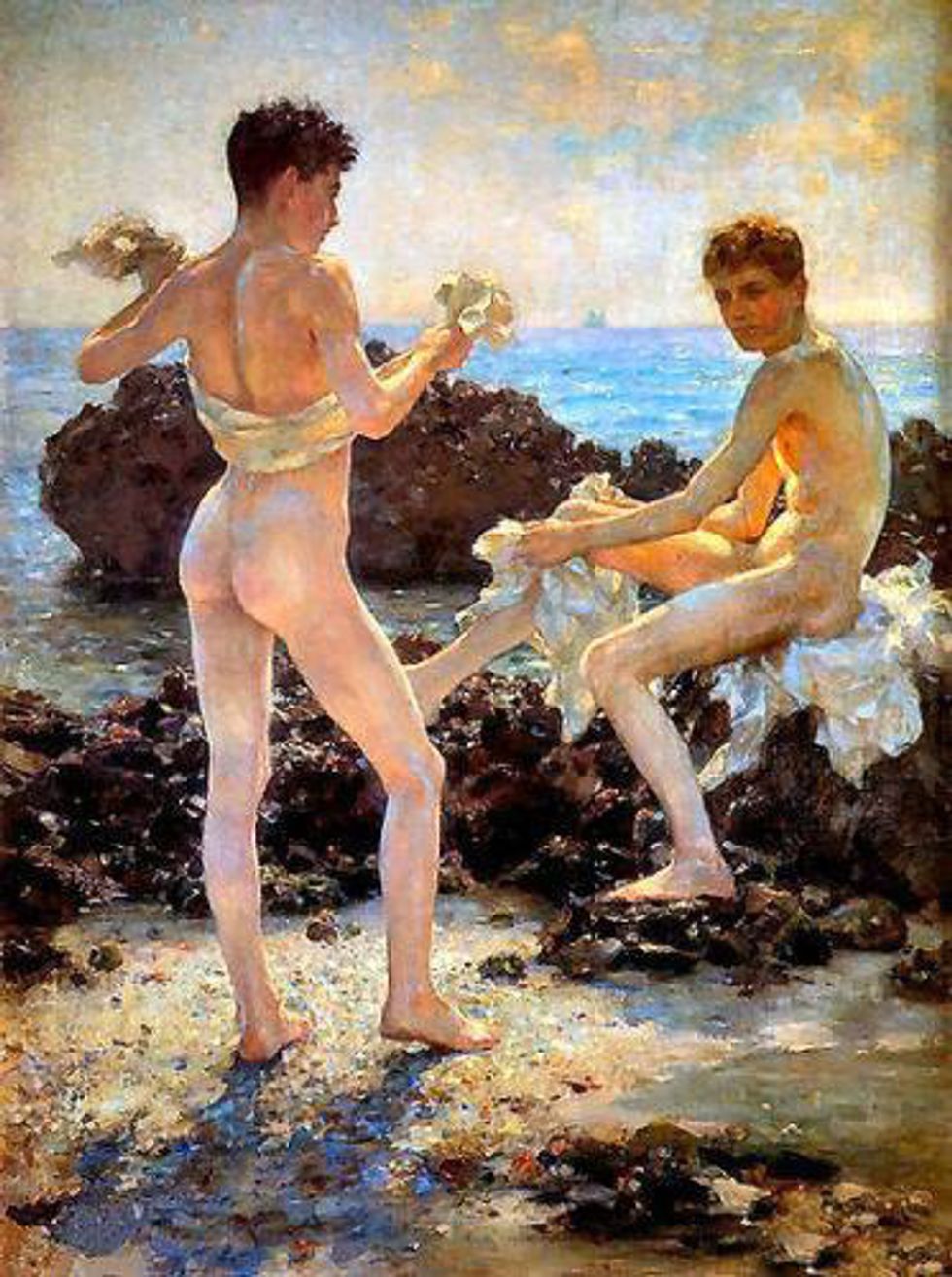To whom it may concern,
The new way of life observed and practiced by the gay community is free to a comparatively obtuse degree when placed beside its horrific past. However, is this newfound freedom fully appreciated by gay millennials? Are we thankful for the past sacrifices made by ancestral members of our community, or do we simply take them for granted with carelessness and frivolity?
It is important to understand that gay history is full of oppression, suppression, and depression. Indeed, past inquisition, brutality, and the eventual government atrocity of a certain negligence from the 1980's to 1990's committed by the elite of the USA has left a lasting brand upon the working backs of gay, lesbian, trans, bisexual, questioning, and queer people, who ironically serve societies which have, for centuries, encouraged civilian participation in the bodily and emotional destruction of the peoples belonging to this umbrella community.
The back alleys and restrooms of clubs, bars, and restaurants; abandoned houses and house parties alike; rooftops, rivers, forests, fields, and basements all were places of first and last love, as well as bloodshed, fear, and death for anyone even thought of as gay or bisexual. All these places could either be paradise or live nightmares for LGBTQ people, yet only recently, and ever so suddenly, the mental paradigm has turned itself around, and the force of collective empathy has become stronger than ever, gaining in momentum with each new natural discovery. And now with progress and providence, we have fun apps like Grindr.
Unfortunately all this new and sudden freedom, and I use the term loosely, has permitted an air of promiscuity to linger from the olden days when gay men could hardly love one another, and unquestionably not overtly. The most painful part of it is that now we have the opportunity to love and marriage, which stands before us like a pearly gate ajar, however our history seems to have been so damaging that the desire for sex and fear of betrayal is encoded more strongly within our gay genetics than that of love or emotional connection. A demon was born within gay culture, and must now be exorcized by those of us who seek to love and be loved.
You may ask yourself, "what even qualifies a person to be promiscuous?" To this, I impart permission to the reader to consider and think for himself or herself on the meaning of this word. Promiscuity is described similarly to and shares associations with words such as wantonness, licentiousness, and immorality. Wantonness being the lack of consideration for the feelings of others, it is simple to see how promiscuity and promiscuous persons might perpetuate within themselves, and spread to others, a harmful attitude or negatively selfish philosophy which would affect not only sex, but also some favorable aspects of personality such as generosity, and may corrupt things like motivation overall. Concepts in the same manner with licentiousness and immorality, however, are subject to social and cultural opinion, such things essentially being defined as taboos. This brings to question the quality and scope of gay social-consciousness, self-awareness, and prudence.
So how do we go about fixing this? Perhaps by awakening others and ourselves to the reality of intimacy inherently linked with the act of sex, learning to empathize with those who develop romantic feelings for us after such potentially affectionate moments. Perhaps by dissociating our selves from random sex as a recreational activity, and it from gay culture as an indicator of desirability, popularity, or attractiveness. Perhaps again by learning to love more parts of ourselves than the physiological supposed to be used for making love, and finally, by learning to play our predestined and exemplary part of propriety in change through history. To be perfectly clear, the purpose of this letter is not to "shame" or embarrass anyone for their sexual practices, but to implore some degree of thought in the minds of gay men, to spark some insight to consideration of what our culture has become, and who we really believe ourselves to be.
Respectfully yours,
Alique Wicks






















